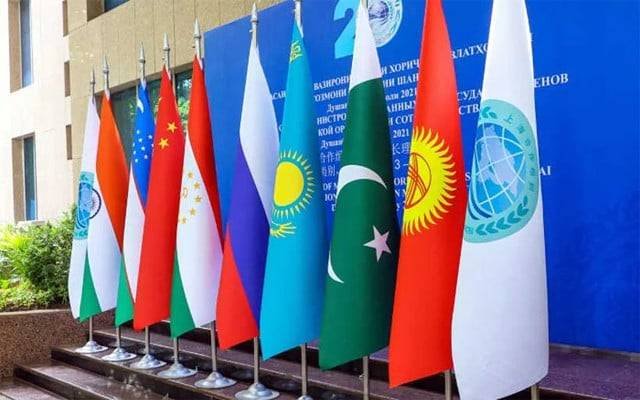Islamabad, Pakistan – Pakistan’s Supreme Court has begun hearing arguments in a petition filed by human rights groups seeking to prevent the deportation of Afghans who were born in Pakistan or who would face danger if returned to Afghanistan.
Over 370,000 Afghans have fled Pakistan since October 1, when Pakistan announced plans to expel more than a million undocumented refugees and migrants, primarily Afghans, amid a dispute with Kabul over allegations that it harbors anti-Pakistan armed groups.
Pakistan claims that most Afghans have left voluntarily, a claim that Kabul has rejected, calling Pakistan’s actions “unilateral” and “humiliating.”
“Given the urgency, with thousands of people suffering daily, I have requested the court to take up the case as early as next week,” Umar Ijaz Gilani, the lawyer representing the rights activists, stated on Friday.
Thousands of undocumented Afghans have gone into hiding in Pakistan to avoid deportation, fearing for their lives if returned to Taliban-controlled Afghanistan following the hasty and chaotic withdrawal of United States-led Western forces in 2021.
Pakistan has long hosted approximately 1.7 million Afghans, most of whom fled the country during the Soviet occupation of 1979-1989. Additionally, more than half a million people fled Afghanistan when the Taliban seized power in August 2021 during the final weeks of a US and NATO withdrawal.
Human rights activists, United Nations officials, and others have condemned Pakistan’s policy and urged Islamabad to reconsider.
The petition was filed one day after an official in Balochistan announced that the southwestern province is setting a daily target of 10,000 Afghans residing illegally in the country for arrest and deportation by police.
Gilani argued before the Supreme Court that Pakistan’s interim government lacks the authority to implement such significant policy changes. The government is in place until February’s elections and, under Pakistani law, is only authorized to handle day-to-day affairs of state.
The court subsequently requested a response from the government and postponed the hearing until next week.
At the heart of the deteriorating relationship between Pakistan and Afghanistan is Tehreek-e-Taliban Pakistan (TTP), a banned armed group also known as the Pakistani Taliban due to its ideological proximity to the Taliban rulers in Afghanistan. The group has been accused of hundreds of deadly attacks since ending a ceasefire agreement with the Pakistani government a year ago.
Pakistan has stated that its crackdown will not affect the estimated 1.4 million Afghans registered as refugees and residing in various parts of Pakistan. Many of them have left refugee camps over the years to settle in rural or urban areas.
According to Mahmood Shah, a security analyst in Peshawar, the capital of Khyber Pakhtunkhwa province bordering Afghanistan, the petition is unlikely to have any impact on the crackdown.
Please subscribe the YouTube channel of republicpolicy.com
















